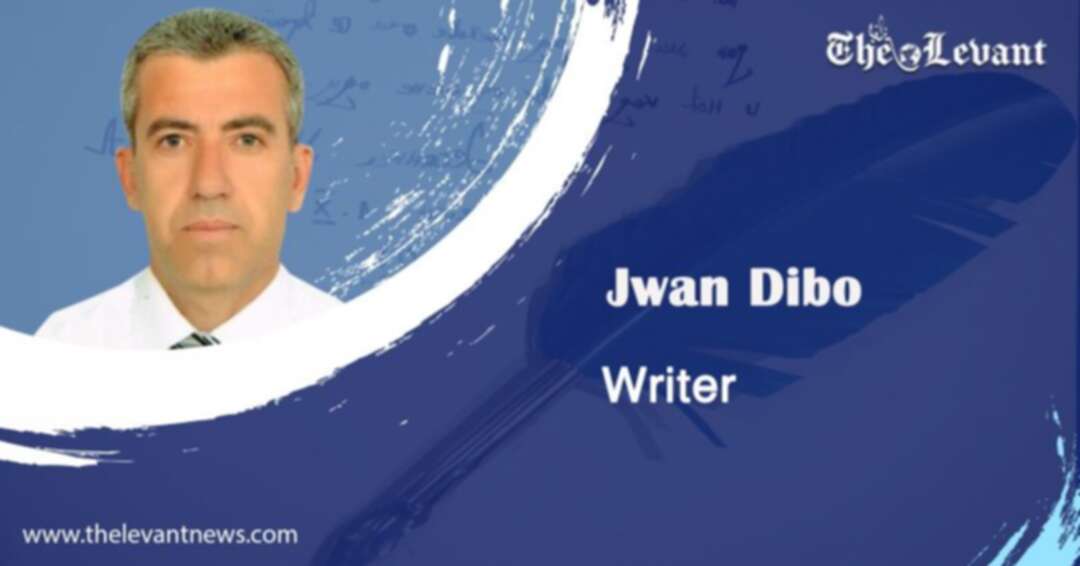-
Turkey’s “Offensive Realism” in the Middle East and North Africa

Amid Turkey's successive forays in the MENA, the pressing question here is: Within which theory of international relations the current Turkish foreign policy can be categorised? In order to answer this question, Turkey’s present external politics should be described and analysed.
Likewise, a rapid contrast between pre-Erdogan’s era and Erdogan’s epoch should be highlighted to differentiate between the two stages.
Since the outbreak of the Arab Spring events in 2011, Erdogan found his way to make
consecutive interventions into those countries which witnessed immense happenings. This
means that Erdogan has exploited the anarchy and weaknesses that swept those countries in
order to establish a foothold inside them. Erdogan’s expansionist propensity has become
stronger when the transnational organisation, viz., the Muslim Brotherhood took the power in
Egypt and Tunisia following the collapse of the previous regimes. Similarly, when Erdogan’s
Turkey embraced the main part of the Syrian political and armed opposition led by the Muslim
Brotherhood and other extremist factions.
At this stage, Erdogan’s ambition became much greater when he depicted himself as a new
sultan of Sunnis Muslims in the world. He, also, transformed his country into a habitat of
political Islam and extremists from the region and the entire world alike. In other words, the
events of the Arab Spring have opened Erdogan's appetite for military involvement into the
unstable countries. In this context, Turkey has occupied many lands in Syria and Iraq under the
pretext of protecting Turkish national security against Kurdish attempts for obtaining rights.
Erdogan has gradually portrayed these military interferences as legitimate steps towards
regaining of the remnants of the Ottoman empire estates. Put differently, Erdogan has
presented himself to the Turkish public opinion as a first defender of Turkish national interests.
Similarly, he has represented himself as a very good protector of all Sunnis Muslim throughout
the world.
In the unstable countries like Syria and Libya, Erdogan’s Turkey has benefited from the
disagreements and rivalry between the United States and Russia regarding the final settlement
in these countries. In contrast, both great powers have used Turkey indirectly against each
other in Syria, Libya and elsewhere.
History shows that wars are endless, and victors of a war want to fight another war to gain
more influence. On this basis, after his triumphs in Syria against the Kurds, Erdogan went to
Libya and played the same role and the same game with Russia and US. Turkish intervention in
Libya renewed Erdogan's greed and eagerness for oil exploration in the eastern
Mediterranean. Consequently, the relationship between Turkey and the EU has become worse.
As a result, Turkey’s zero-problems foreign policy with neighbouring has moved to zero-friends
with bordering states including the main countries in the region as well as the EU.
Here emerged a sharp turn and a dividing line between the secular Turkey founded by Mustafa
Kemal in 1923 and the “Islamic-secular” Turkey or the hybrid Turkey that Erdogan has led since
2003 so far. The main difference between the two models is that the secularist model sought
to disconnect with the defunct Ottoman legacy, while the Islamic or the hybrid model strives
to restore the Ottoman glories in one form or another. “Kemalism” which refers to Mustafa
Kemal, the father of the republic of Turkey, is a local Turkish phenomenon that emerged on
the ruins of the Ottoman Empire based on estrangement and hostility with the defunct
Ottoman legacy. Major components of Kemalism are secularism and Turkish nationalism in its
super racist version.
In contrast, “Erdoganism” is a local religious Sunnis phenomenon, but it seeks to become a
regional phenomenon with the help of Sunni Muslim Brotherhood organizations in the Arab
world. It believes in the restoration of the Ottoman heritage; therefore, Turkey occupied many
lands in Iraq, Syria and sent thousands of mercenaries to Libya and seeks to take and annex
more lands. Additionally, to build more and more military bases in various states and regions,
like Qatar, Libya, Somalia, Kurdistan and elsewhere. Turkey imitates Iran’s behaviour in the
region and applies its policies of intervention and expansion by igniting political and sectarian
strife in non-immune countries. The only variance here between Turkey and Iran is that the
latter represents the Shiite Islam project that is based on the Safavid inheritance, while Turkey
represents the idea of Sunni Islam that leans on the Ottoman legacy.
Arguably, Turkey’s foreign policy towards the neighbourhood and other vulnerable countries
can be classified within "offensive realism" theory, which was innovated by IR scholar, John
Mearsheimer. It is correct that Mearsheimer invented this theory regarding the great powers
only. However, the essence of his theory, which depends on immorality in politics and
international relations, can be applied to Turkish behaviour as well in the MENA. Especially if
we take into our account that Turkey is considered as a superpower at the regional level and
behaves towards the rest of the region's weak countries based on might, threat and
intimidation.
To sum up, Turkey’s “offensive realism” in its external policy is based on numerous factors.
Exploiting the instability and vulnerability in the targeted countries in the MENA, thus, waging
wars and invasions against them with the aim of annexing them to Turkey. Benefiting from the
discrepancy between the great powers in Syria and Libya, namely, Russia and US to make more
interventions and expansion. Taking advantages from the cleavage and discord in the EU
position towards the aggressive Turkish policies in the Mediterranean and the MENA. Playing
on the national and religious strings inside Turkey and Erdogan's attempt to show himself as
the protector and the first defender of Turkish nationalism and Islam together.
Perhaps most dangerous point in Turkey's offensive foreign policy is its direct and indirect
turning into an agent of America and Russia to a certain extent. The goal is to implement the
policies of the two countries in the region and to create more hotbeds of tension in the MENA.
Also, for US and Russia to blackmail and intimidate Arab countries from Turkey and Iran in
order to ensure the flow of more weapons to the MENA.

by : Jwan Dibo
You May Also Like
Popular Posts
Caricature
BENEFIT Sponsors BuildHer...
- April 23, 2025
BENEFIT, the Kingdom’s innovator and leading company in Fintech and electronic financial transactions service, has sponsored the BuildHer CityHack 2025 Hackathon, a two-day event spearheaded by the College of Engineering and Technology at the Royal University for Women (RUW).
Aimed at secondary school students, the event brought together a distinguished group of academic professionals and technology experts to mentor and inspire young participants.
More than 100 high school students from across the Kingdom of Bahrain took part in the hackathon, which featured an intensive programme of training workshops and hands-on sessions. These activities were tailored to enhance participants’ critical thinking, collaborative problem-solving, and team-building capabilities, while also encouraging the development of practical and sustainable solutions to contemporary challenges using modern technological tools.
BENEFIT’s Chief Executive Mr. Abdulwahed AlJanahi, commented: “Our support for this educational hackathon reflects our long-term strategic vision to nurture the talents of emerging national youth and empower the next generation of accomplished female leaders in technology. By fostering creativity and innovation, we aim to contribute meaningfully to Bahrain’s comprehensive development goals and align with the aspirations outlined in the Kingdom’s Vision 2030—an ambition in which BENEFIT plays a central role.”
Professor Riyadh Yousif Hamzah, President of the Royal University for Women, commented: “This initiative reflects our commitment to advancing women in STEM fields. We're cultivating a generation of creative, solution-driven female leaders who will drive national development. Our partnership with BENEFIT exemplifies the powerful synergy between academia and private sector in supporting educational innovation.”
Hanan Abdulla Hasan, Senior Manager, PR & Communication at BENEFIT, said: “We are honoured to collaborate with RUW in supporting this remarkable technology-focused event. It highlights our commitment to social responsibility, and our ongoing efforts to enhance the digital and innovation capabilities of young Bahraini women and foster their ability to harness technological tools in the service of a smarter, more sustainable future.”
For his part, Dr. Humam ElAgha, Acting Dean of the College of Engineering and Technology at the University, said: “BuildHer CityHack 2025 embodies our hands-on approach to education. By tackling real-world problems through creative thinking and sustainable solutions, we're preparing women to thrive in the knowledge economy – a cornerstone of the University's vision.”
opinion
Report
ads
Newsletter
Subscribe to our mailing list to get the new updates!



















